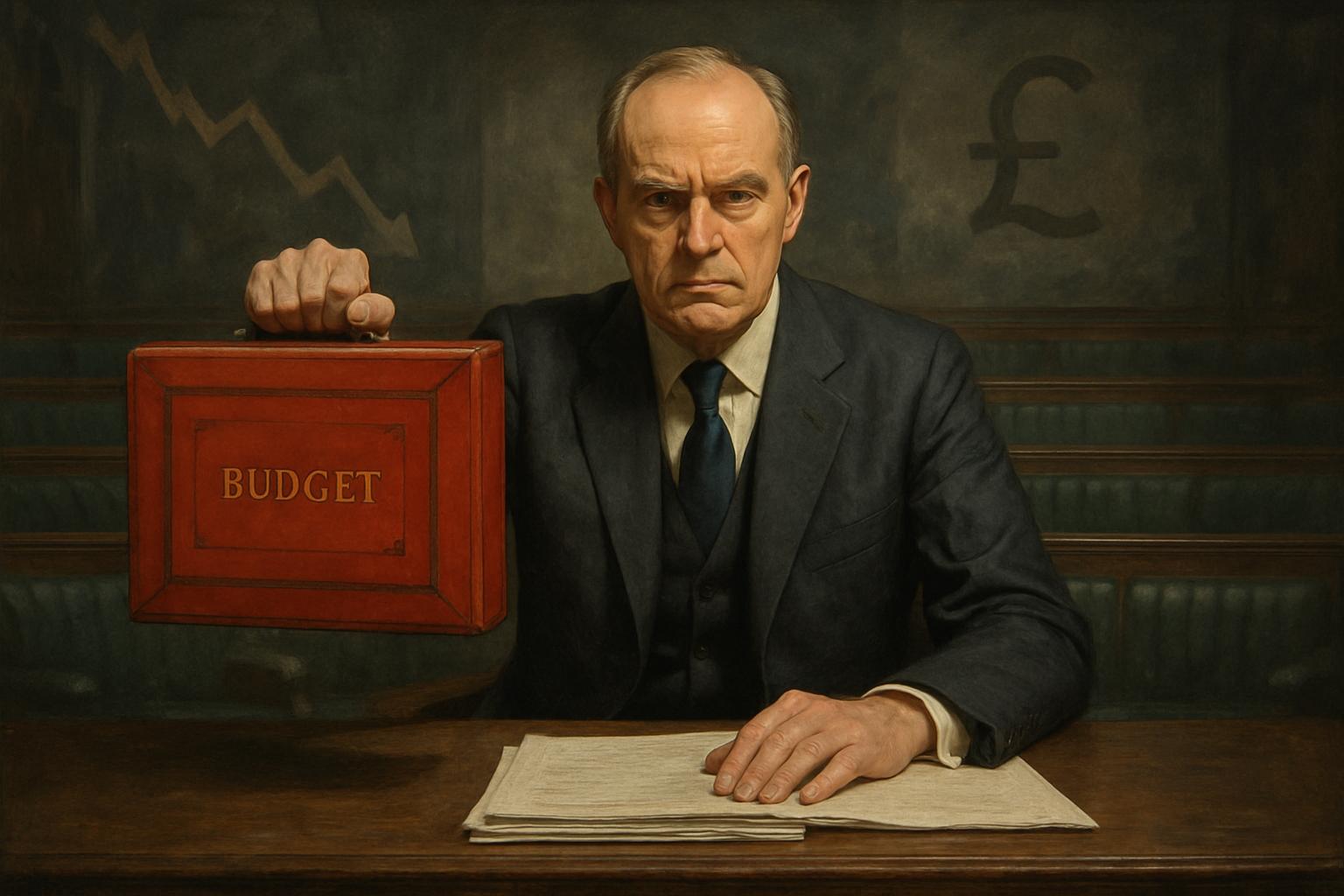Chancellor Rachel Reeves is poised to unveil a Budget featuring significant tax rises, though there is growing insistence from key policy voices that such hikes must be temporary and accompanied by robust pro-business reforms to foster economic growth and restore business confidence. According to a report from the Tony Blair Institute (TBI), any short-term increases in income tax or VAT need to be clearly communicated as stabilising measures, with a view to rolling them back as the economy improves. The think tank emphasises that alongside fiscal discipline, the government must prioritise growth-enhancing reforms to break what it terms Britain’s “tax-and-spend doom loop” and encourage enterprise.
The proposed tax rises follow the Chancellor’s previous Budget announcements, which included a £40 billion tax increase aimed at boosting public services and funding the NHS. Measures already introduced encompass raising employers' national insurance contributions from 13.8% to 15%, increasing capital gains tax from 10% to 18%, abolishing non-domicile tax status, broadening inheritance tax to cover pensions and farms, and hiking stamp duty for existing homeowners. While these moves fund vital public spending increases, they have drawn criticism from business leaders and politicians concerned about their potential to dampen economic growth and competitiveness.
The TBI report warns that the government's first year has been marked by caution and contradictory policies—such as progressive planning reforms being counterbalanced by increased employer national insurance—that have left businesses feeling “bruised.” It advocates that the Chancellor’s forthcoming Budget should deliver a “big initial wave of pro-business reforms” to reassure firms, signalling a prioritisation of enterprise, stability, and delivery. Among the TBI's recommendations are simplifying employment protections, reforming migration policies to retain a flexible jobs market—particularly retaining the five-year route to permanent settlement for skilled workers—and introducing new visa categories for tech and key worker sectors.
Additionally, the think tank proposes replacing fuel duty with road pricing, abolishing stamp duty on shares, and implementing government loans to spread the cost of property stamp duty over 20 years. Addressing the soaring welfare bill, the report suggests a “preventative welfare” programme that channels welfare payments into NHS treatments such as mental health therapies, digital physiotherapy, and emerging obesity treatments.
While these recommendations aim to recalibrate the balance between taxation and growth, criticisms have surfaced around some recent policies. Business groups, including Barclays and the Federation of Small Businesses, have voiced concerns over the employer national insurance increase, warning it could depress real wages and living standards, while also impacting hiring. Following the tax hike, research revealed an 18% decline in job vacancies among small firms in the subsequent quarter, intensifying calls from opposition parties like the Liberal Democrats for the Chancellor to reconsider the so-called "jobs tax."
Economic forecasts add to the complexity surrounding the Budget. The Office for Budget Responsibility has downgraded growth expectations for the medium term, reflecting broader worries that the combination of tax increases and borrowing could weaken the economic outlook.
Despite these challenges, the government is taking steps to support business and regional economic development. Recent announcements include a significant initiative to reduce red tape and bureaucracy, aimed at saving firms nearly £6 billion annually by cutting regulatory burdens. This move, coupled with commitments of over £10 billion in private sector investment unveiled at the Regional Investment Summit, underscores the government’s intention to bolster enterprise alongside fiscal prudence.
As Chancellor Reeves prepares for the November 26 Budget, the balancing act remains daunting: delivering fiscal stability and funding public services while nurturing growth and restoring business confidence. The TBI director of economic policy, Tom Smith, summarised the challenge, stating that a credible Budget must “raise Britain’s sights” beyond tax increases to include a bold pro-enterprise agenda that lifts living standards and strengthens the public finances. Treasury officials have responded by highlighting the Chancellor’s commitment to protecting families from inflation and safeguarding public services while ensuring debt sustainability, signalling a cautious but committed approach to navigating these competing priorities.
📌 Reference Map:
- [1] (The Independent) - Paragraphs 1, 4, 5, 6, 7, 8, 9, 10, 12
- [2] (The Independent) - Paragraphs 2, 3
- [3] (The Independent) - Paragraph 4
- [4] (The Independent) - Paragraph 11
- [5] (The Independent) - Paragraph 9
- [6] (The Independent) - Paragraph 9
- [7] (The Independent) - Paragraph 3
Source: Noah Wire Services
